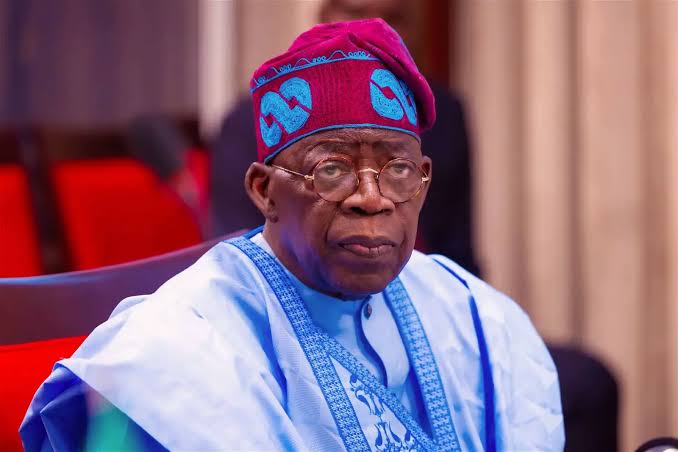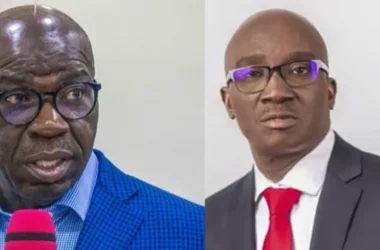A United States District Court based in Washington, D.C., has directed the Federal Bureau of Investigation (FBI) and the Drug Enforcement Administration (DEA) to release documents linked to the criminal investigation of Nigerian President Bola Tinubu. The case centers on allegations related to a drug trafficking network that reportedly operated during the early 1990s.
This development follows a ruling made on April 8, 2025, by Judge Beryl Howell. The judge instructed both agencies to search for and provide any non-exempt records in response to a series of Freedom of Information Act (FOIA) requests submitted by American legal researcher Aaron Greenspan. Greenspan is the founder of PlainSite, a platform that works to increase transparency in the legal system.
According to the court documents, Greenspan had filed 12 FOIA requests between 2022 and 2023. These requests sought information about President Tinubu and three other individuals: Lee Andrew Edwards, Mueez Abegboyega Akande, and Abiodun Agbele. The focus of the request was on a drug trafficking ring reportedly linked to Chicago during the early ’90s.
Initially, both the FBI and DEA issued what are known as “Glomar responses.” This means they refused to confirm or deny the existence of any related records. However, the court found that these responses were not appropriate in this situation.
“The FBI and DEA have both officially confirmed investigations of Tinubu relating to the drug trafficking ring,” the court noted in the ruling.
Judge Howell also stated that any privacy concerns raised by the law enforcement agencies did not outweigh the public’s right to know. She added that neither the FBI nor the DEA provided strong evidence to show that Tinubu had a legal right to keep the investigation secret.
“They have failed to meet their burden to sustain their Glomar responses,” the judgment read.
As a result, the FBI and DEA are now required to locate and release all non-exempt records related to Tinubu’s case. The judge gave the agencies and other involved parties until May 2, 2025, to file a joint report updating the court on the status of the case.
While the court sided against the FBI and DEA, it supported the CIA’s Glomar response after Greenspan acknowledged that the agency had already admitted the existence of relevant documents. This meant the CIA was not required to release its records.










